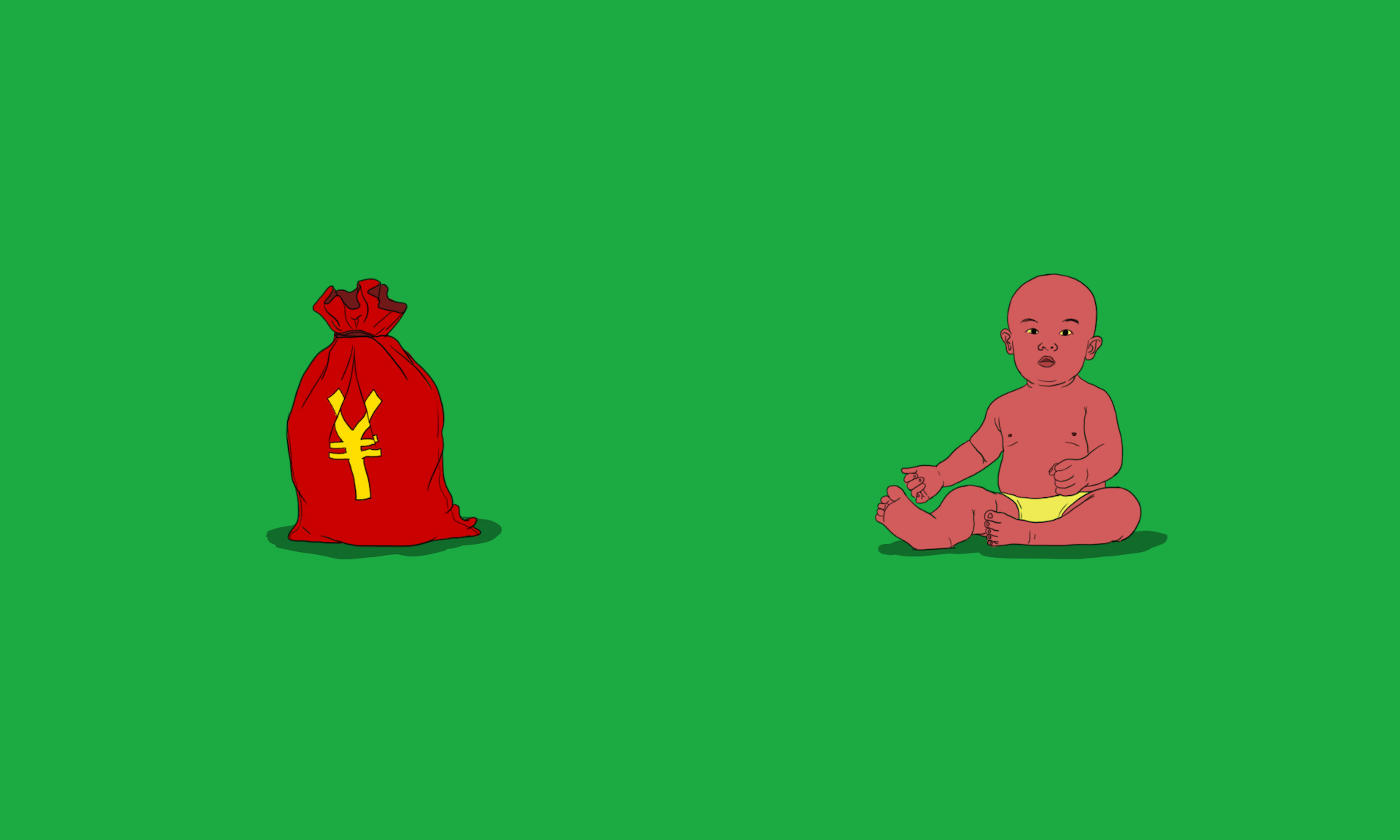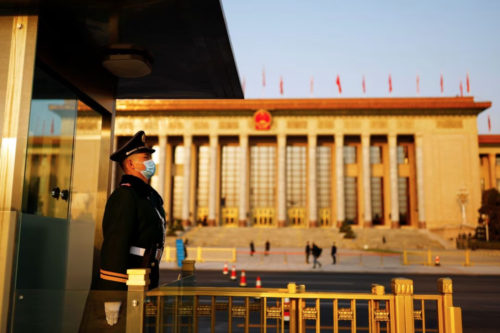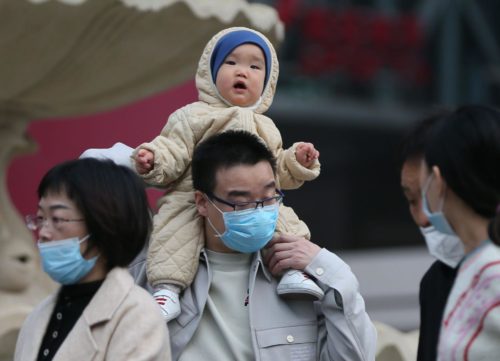Average cost of raising a child in urban China hits almost $100,000
It costs more to raise a kid in China than it does in Japan and the United States.

Despite China’s efforts to boost population growth with policy reforms and economic incentives, more and more Chinese people have been questioning the value of procreation. Further fueling the hesitancy to reproduce is a heightened sense of financial insecurity felt by many younger Chinese, who fear that having babies will fundamentally change their lifestyle for the worse, or that they can’t afford to give the kids the best opportunities to compete in an increasingly unequal environment.
Such worries are not unfounded. A new report shows that raising kids in China is very expensive. For some, it even can be a six-figure undertaking.
The analysis (in Chinese), released on Tuesday by a team of Chinese demographers, reveals that raising a child in China from birth to age 18 costs parents an average of 485,000 yuan ($76,662) in total. Families living in urban areas have to spend as much as 630,000 yuan ($99,582). Parents in Shanghai, the commercial center of China and the country’s most cosmopolitan city, have the highest cost of raising a child to adulthood: 1.26 million yuan ($199,165). That is followed by Beijing, the political capital of the country, at 969,000 yuan ($153,167).
China news, weekly.
Sign up for The China Project’s weekly newsletter, our free roundup of the most important China stories.
Understandably, it’s a lot less costly in rural and less developed areas of the country. In Tibet, families are likely to spend 293,000 yuan ($46,343) per child. There are also differences depending on income. Lower-income families, which account for nearly 20% of China’s population, are expected to spend 116,000 yuan ($18,335) per child, while higher-income families, which make up for the same share in the pollution, will shell out an average of 1.28 million yuan ($202,326).
Expenses per child also decrease as a family has more children, the report says, as children share clothing and other items. Urban families with three or more kids are likely to spend roughly 30% less per child than their counterparts with a single child.
The figures are based on a variety of child-rearing expenses such as housing, education, food, transportation, and healthcare. Although Chinese laws state that parents are not legally obligated to financially support their children when they turn 18, it’s a cultural norm for Chinese parents to pay for their children’s college tuition and expenses. So when this is factored into the calculation, the average cost of raising a Chinese kid from birth through college education is 627,000 yuan ($99,108).
South Korea and China are the most expensive places to raise kids
To put things in perspective, the report compares the numbers with those of 13 other countries such as Japan, Australia, and the U.S. In a ranking determined by the relationship between GDP per capita and child-rearing costs in a country — an indicator of how financially challenging it is to raise a kid — South Korea places first and China takes second.
The findings come at a time when the government is trying to increase China’s dwindling birth rate. In 2021, it dropped to a record low of 7.52 per 1,000 people. To undo the damage caused by the country’s decades-long one-child policy and engineer a baby boom, China has relaxed birth controls and introduced a wide range of measures and benefits (Beijing just expanded its healthcare coverage to include fertility treatments for married couples today), but none of these efforts has yet borne fruit.
In a slew of surveys in the past few years, young people in China have expressed decreasing interest in getting married and forming families, with many citing financial reasons as the main factor. Online comments on the latest report showed that the report only further validated their feelings, with some saying that analysis actually underestimated the cost. “Only through age 17? What year are we living in? Many adults in their 30s still rely on financial support from parents,” the most upvoted comment on Weibo reads (in Chinese).
Others used the data to bash cash subsidies given in some parts of China for families with multiple children. For example, in Linze, a county in northwest Gansu Province, couples who have two or three children are entitled to cash handouts of up to 10,000 yuan ($1,580) per baby every year, until the children turn three. The amount, as critics pointed out, pales in comparison to the actual cost of raising a kid through adulthood in China.






